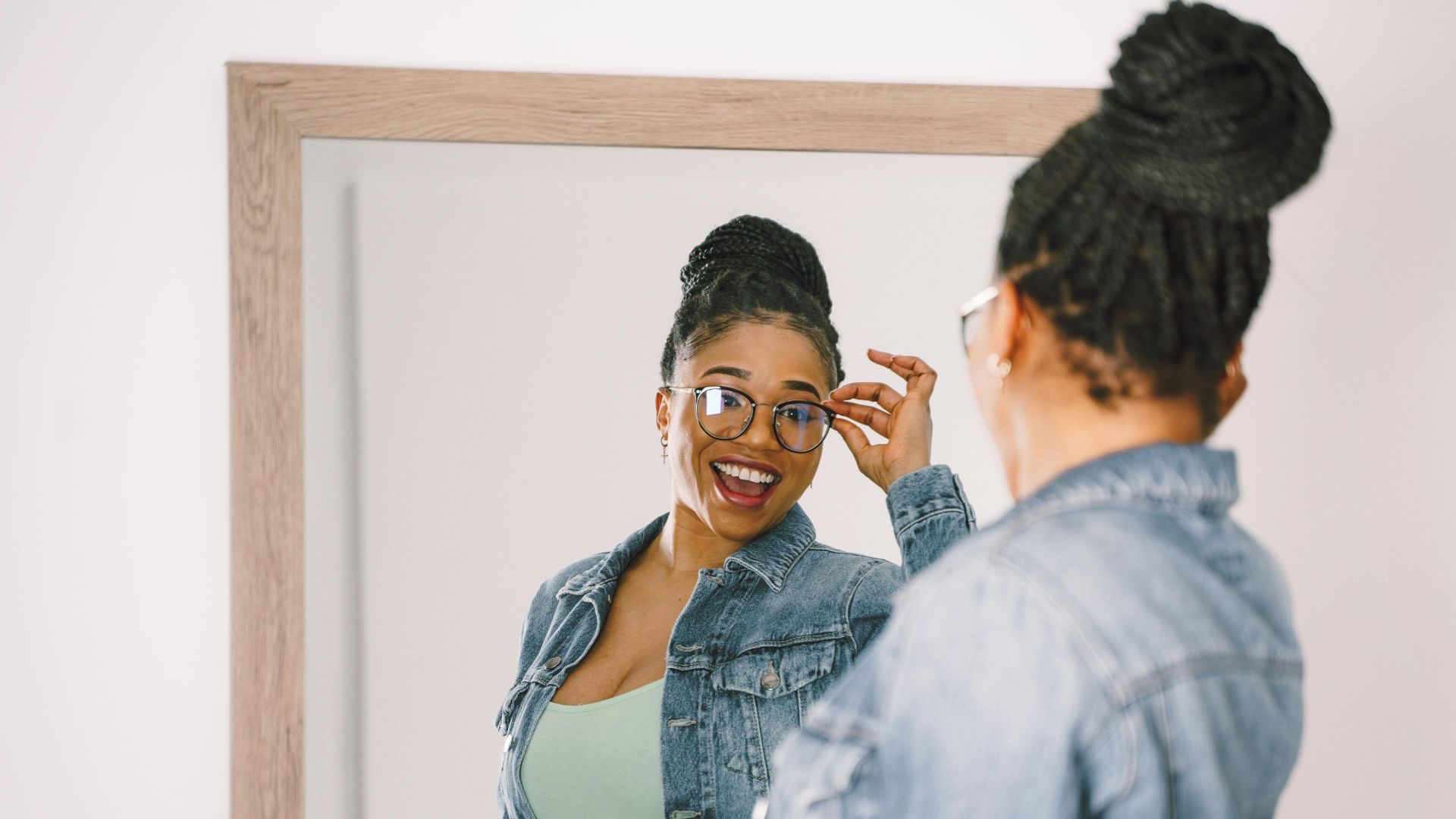Who Are You Becoming?
Oct 29, 2025
I used to assume that years of yoga practice would naturally cultivate kindness, wisdom, and compassion. Then I began paying closer attention.
What I saw surprised me: technical mastery and inner transformation don't always go hand in hand. I've encountered practitioners who can float through arm balances and quote the sutras yet struggle with patience or humility in everyday interactions. I once arrived late to a workshop -- a rare occurrence, due to circumstances beyond my control - only to be berated by the visiting teacher in front of everyone. And I've watched beginners, still finding their way through their first sun salutations, embody a presence and benevolence that moved me deeply.
Yogic practices themselves are neutral—powerful techniques that, without honest introspection, will amplify whatever we bring to them. You can practice for decades and still carry old patterns of reactivity or judgment. The practices don't automatically dissolve these patterns. We have to consciously work with them. And that work is often more uncomfortable than holding a challenging pose.
So the question isn't really "How is yoga serving you?" It’s: "Is your practice helping you become the kind of person you want to be?"
When I started asking people about their practice this way, the answers that mattered weren't about flexibility or strength:
"I notice now when I'm about to say something cutting to my partner, and I pause."
"I'm less reactive when my teenager pushes my buttons."
"I can sit with my elderly mother's repetitive stories without feeling irritated."
These are the real accomplishments. The true measure of progress in yoga is whether you're becoming more like who you wish to be and how you wish to show up In your life.
I watch for this now, especially in long-term practitioners and teachers - how they treat the person who arrives late to class or the student who asks a basic question. You can tell when someone has actually taken the teachings to heart. It shows up in small moments: in the generosity of their listening, in their willingness to be wrong, in the respect with which they make space for others.
The paradox is that the people who've truly integrated the practice often talk about it the least. They're not performing their yoga. They're living it.
This reframes everything. Your morning practice matters less for the poses you do and more for how it affects your nervous system before a difficult conversation. The beginner practicing ahimsa (non-harming) toward their own body is more "advanced" than the experienced teacher who's hypercritical and dismissive.
The forms yoga takes—poses, breathing techniques, meditation—are just tools. What matters is what you're building with them.
So ask yourself: Is your practice helping you become the kind of person you want to be? More patient? More able to be with difficulty without becoming difficult? More capable of compassion, starting with yourself?
If the answer is yes, even in small ways, even inconsistently—then your practice is working. And if the answer is no? Then maybe it's time to consider practicing something different.
